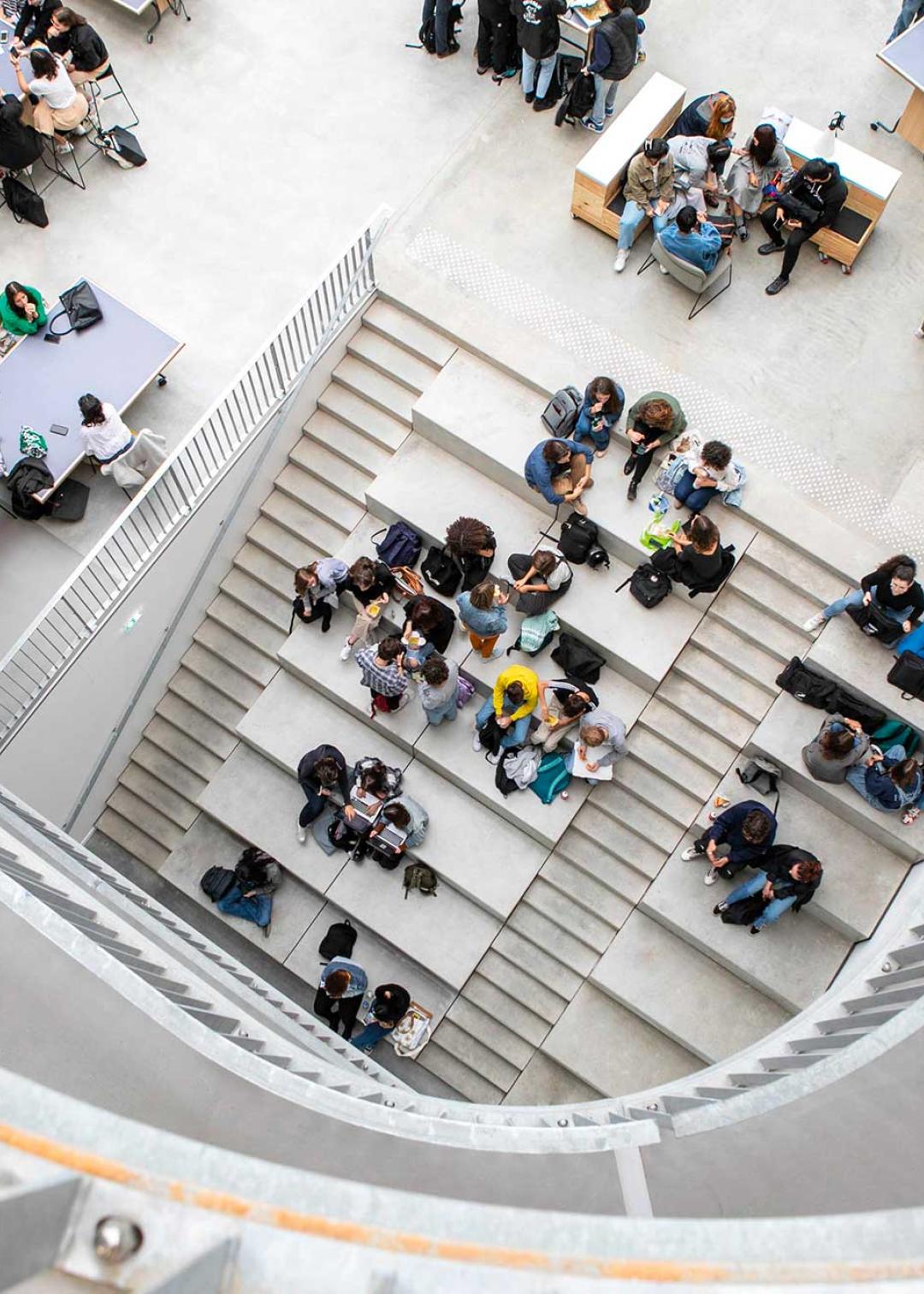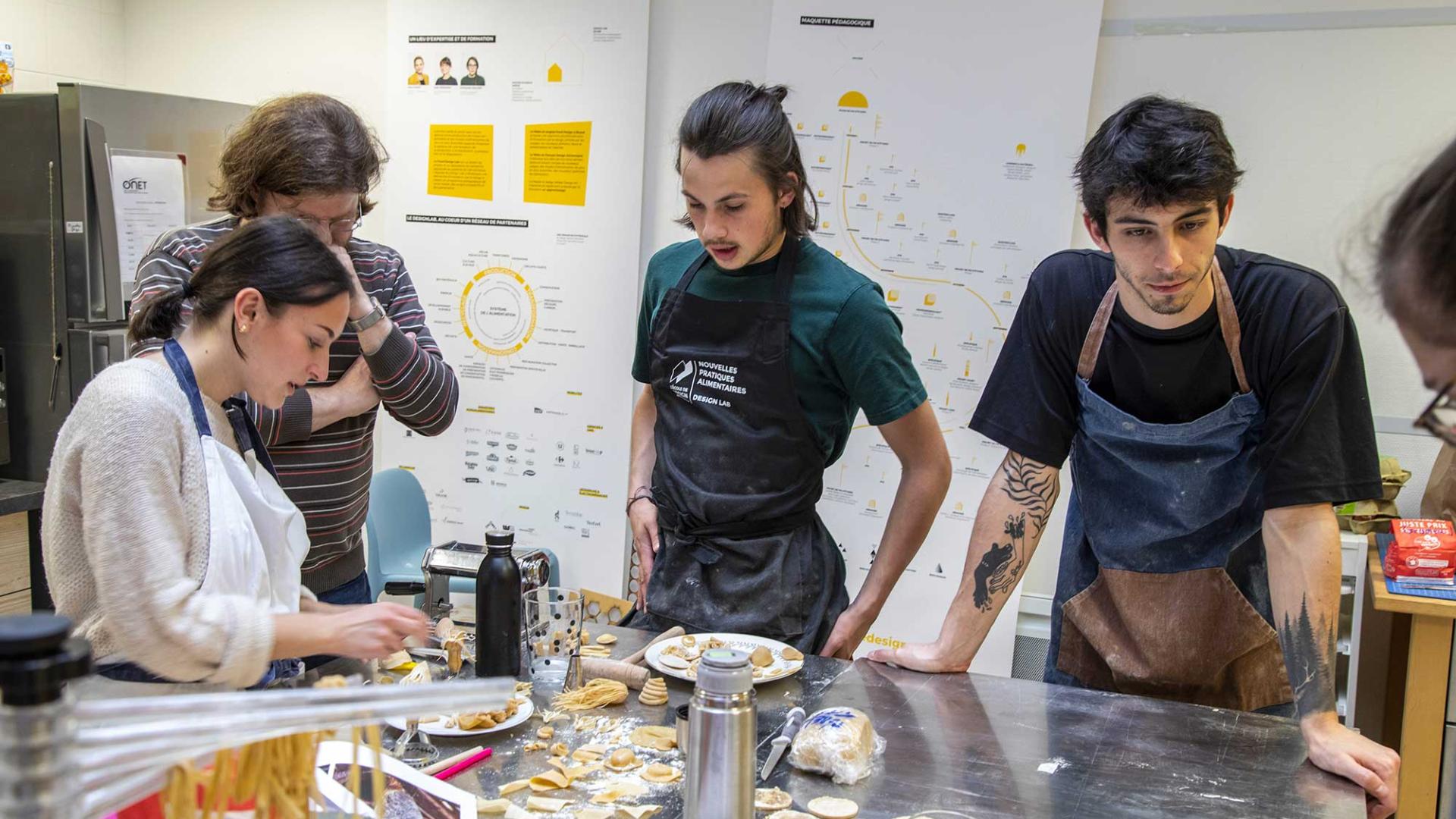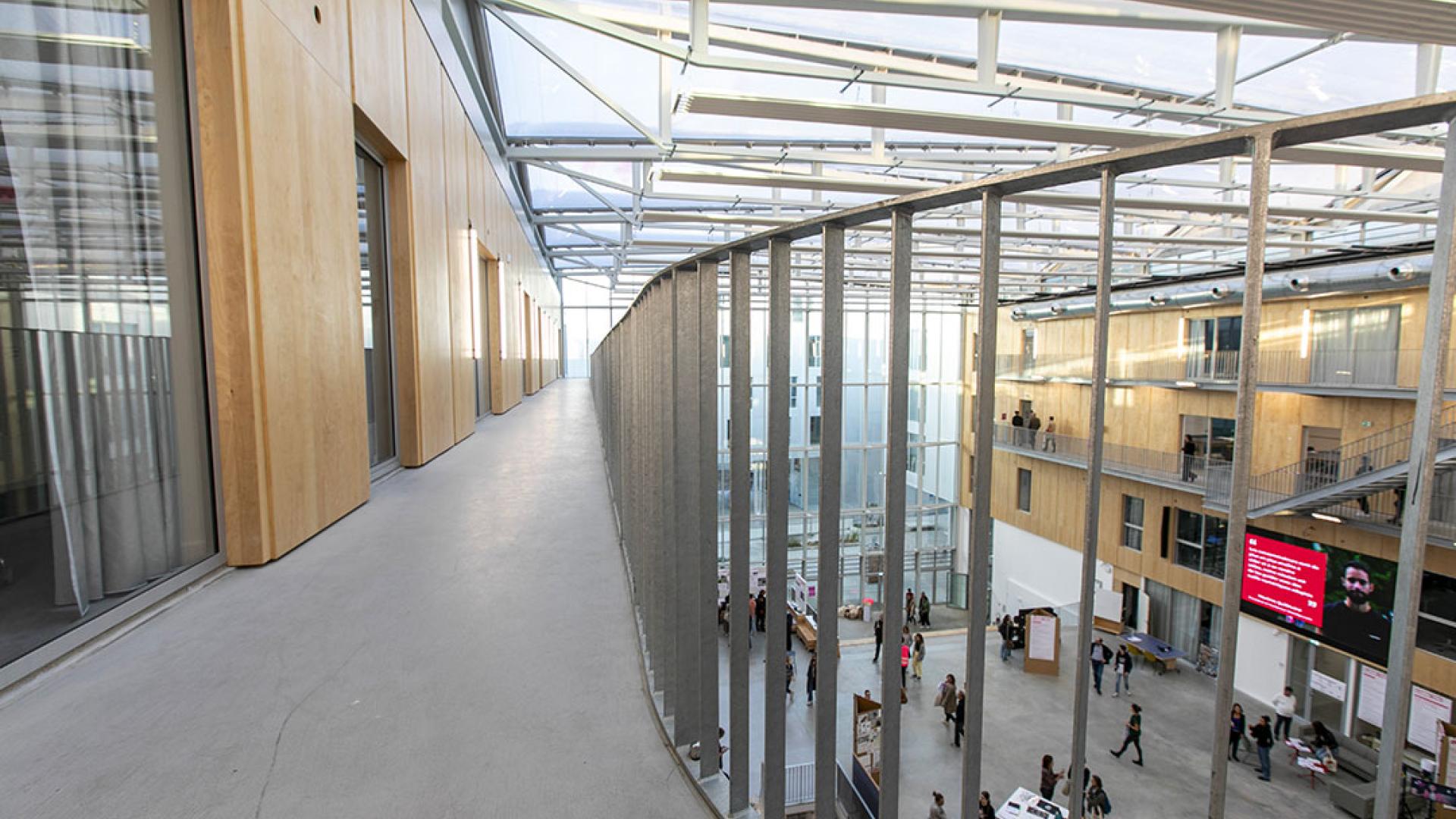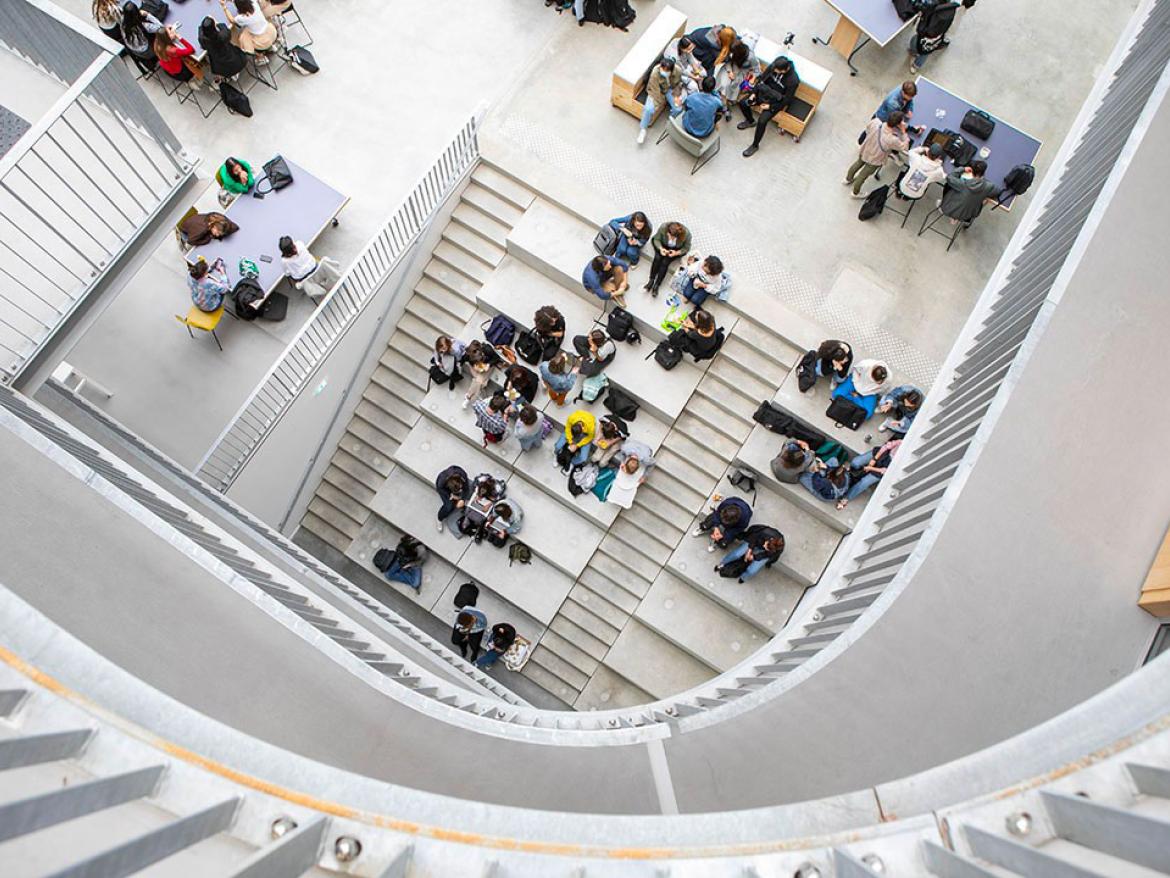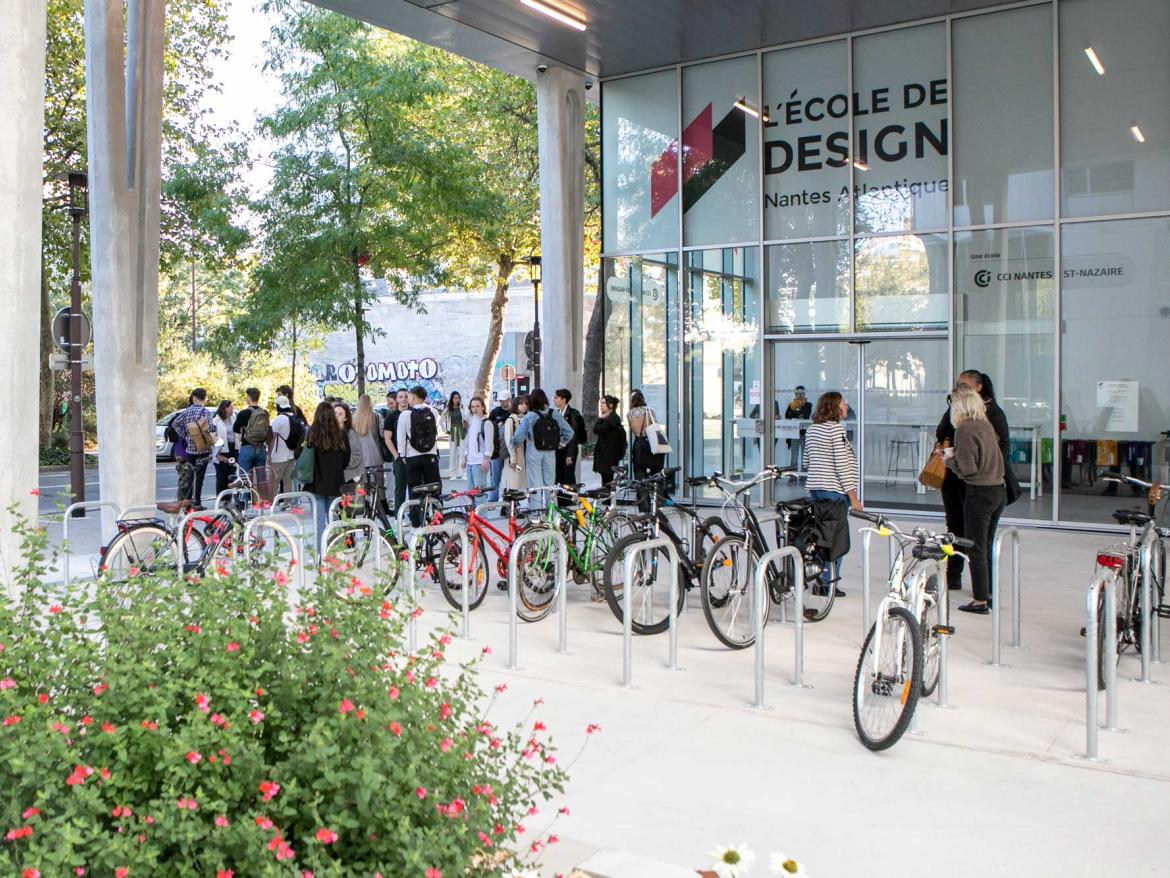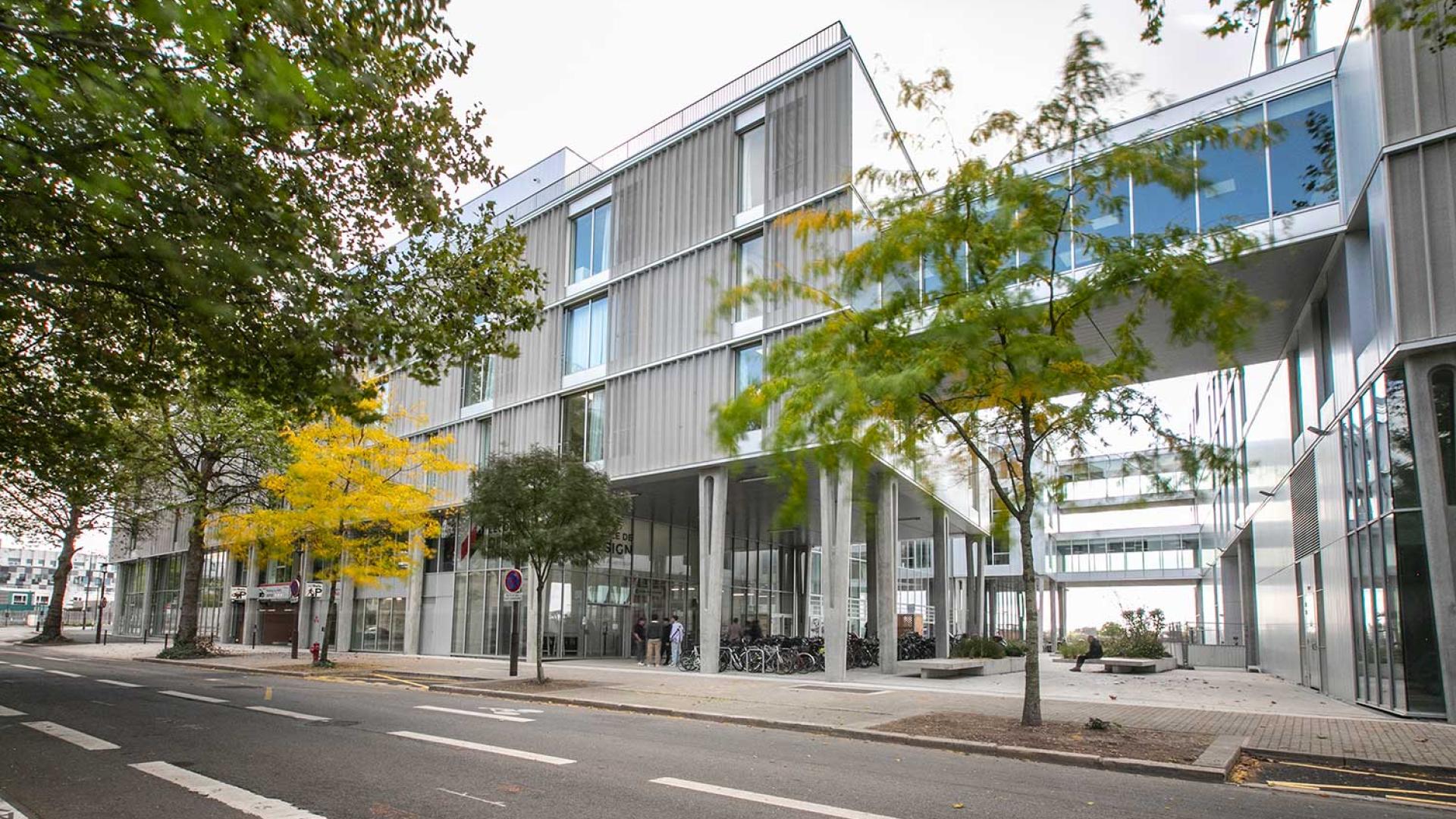
Our vision of CSR
Faced with major societal and environmental challenges, L'École de design Nantes Atlantique trains responsible designers, capable of determining the world of tomorrow. For 10 years, our school has been implementing a pedagogy that radically transforms traditional design and applied arts curricula.
As a pioneer on these CSR issues, L'École de design Nantes Atlantique is dedicated to shifting the design professions towards more global and strategic reflections on the future of companies and society, as innovation becomes the key element of development strategies for organizations.
Speculation on the uses of tomorrow is becoming a factor of progress, which until now has been embodied by science or economic development.
The creation of five Design Labs - Care, City, Digital, Food, Media - was intended to consecrate the vocation of research in design but also its transdisciplinary aspects. This modularity in societal themes requires us to work transversally with other disciplines, upstream with researchers and downstream with companies, in order to consolidate our policy as an applied research laboratory.
Our Design Labs focus on the major trends in "Social Responsibility", which is at the heart of all our teaching practices today. Digital consecrates the relationship between "humans and machines" that prevailed at the beginning of the last century with the emergence of industrial design. Food deals with the problems of feeding the population, the economy of resources, access to water for a planet soon to be populated by 10 billion inhabitants. City deals with living together, Care focuses on the issues of health, well-being, and the ageing of the population, and Media deals with the responsibility of mediation, given the wealth of information we have at our disposal.
This awareness of the ecological transition permeates all of our programs and the school also conducts research on these issues. Companies must innovate to adapt to changes in consumer behaviour towards greater moderation and resource conservation. Many of them will have to move from 'product' to 'service' when replacements become less frequent. Designers are trained to enable companies to adapt to the emergence of a societal responsibility of consumers who intend to contribute to this ecological approach.
As well as this strategy being present in all its teaching, the school's commitment to the ecological transition takes place on various levels:
1/ Sorting/recycling
L'École de design Nantes Atlantique raises awareness among all its employees and students about sorting waste (5-compartment bins), reducing the consumption of water, heating, electricity, and supplies; recycling waste; and reusing materials, equipment, and documentary resources.
The objective is to significantly reduce the volume of waste and to set up recycling channels. The school has worked closely and in partnership with a group of students (eco-delegates) to set up and use sorting and recycling bins in each classroom and cafeteria. It has designated a storage area for unused materials from the mock-up workshop to provide reusable resources for other projects and workshops.
2/ Transport
L'École de design Nantes Atlantique raises awareness among all its employees and students about soft mobility. In partnership with the city of Nantes, a mobility village is set up each year at the beginning of the school year to encourage staff and students to adopt other clean means of transport rather than driving to school. The program includes personalized advice, bike trials, contacts for carpooling, public transportation offers, etc.
For its incoming students, the school provides information on the Feel Français platform about monthly public transportation passes, as well as Bicloo, a bike-sharing system, and Campus Vélo, a bike rental service provided by a Nantes University association at a reduced rate.
In addition, the school allows its employees to work from home as much as possible.
In the future, L'École de design Nantes Atlantique plans to acquire an electric vehicle to complete its fleet of cars.
3/ Digital development
- Implementation of the EWP system for mobility management
- Creation of a virtual campus to download resources, hand in projects, encourage collaborative work through projects.
- Availability of documents on the students' personal space via the school's intranet
- Provision of a Cloud for sharing documents between students and teachers and administrative services.
- Implementation of an electronic signature and dematerialization of mail.
- Partnership with Feel Français: an online platform accessible to all incoming mobility students allowing them to do their procedures online (Visa, accommodation, social security, CVEC, insurance, bank, CAF etc.). A practical guide and other information about the program and the school are available on this platform.
- Online surveys of incoming and outgoing students (course evaluation, etc.)
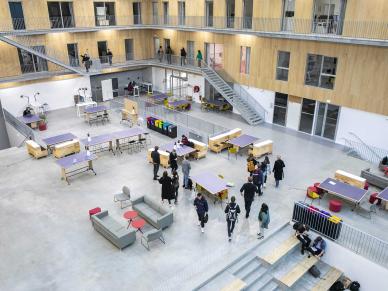
Discover the social policy of L'École de design Nantes Atlantique: social aid for students and apprentices, grants and scholarships for mobility, the school's disability policy...
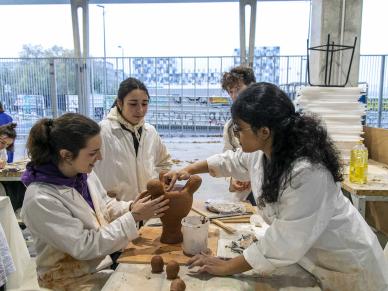
and rankings
Find all our certifications and rankings here.
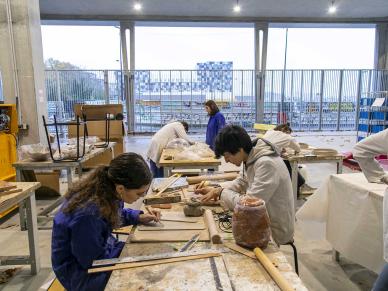
tomorrow's world
L'École de design Nantes Atlantique trains professionals in innovation who are in touch with real life and who must imagine the world of tomorrow in order to design its uses today.
